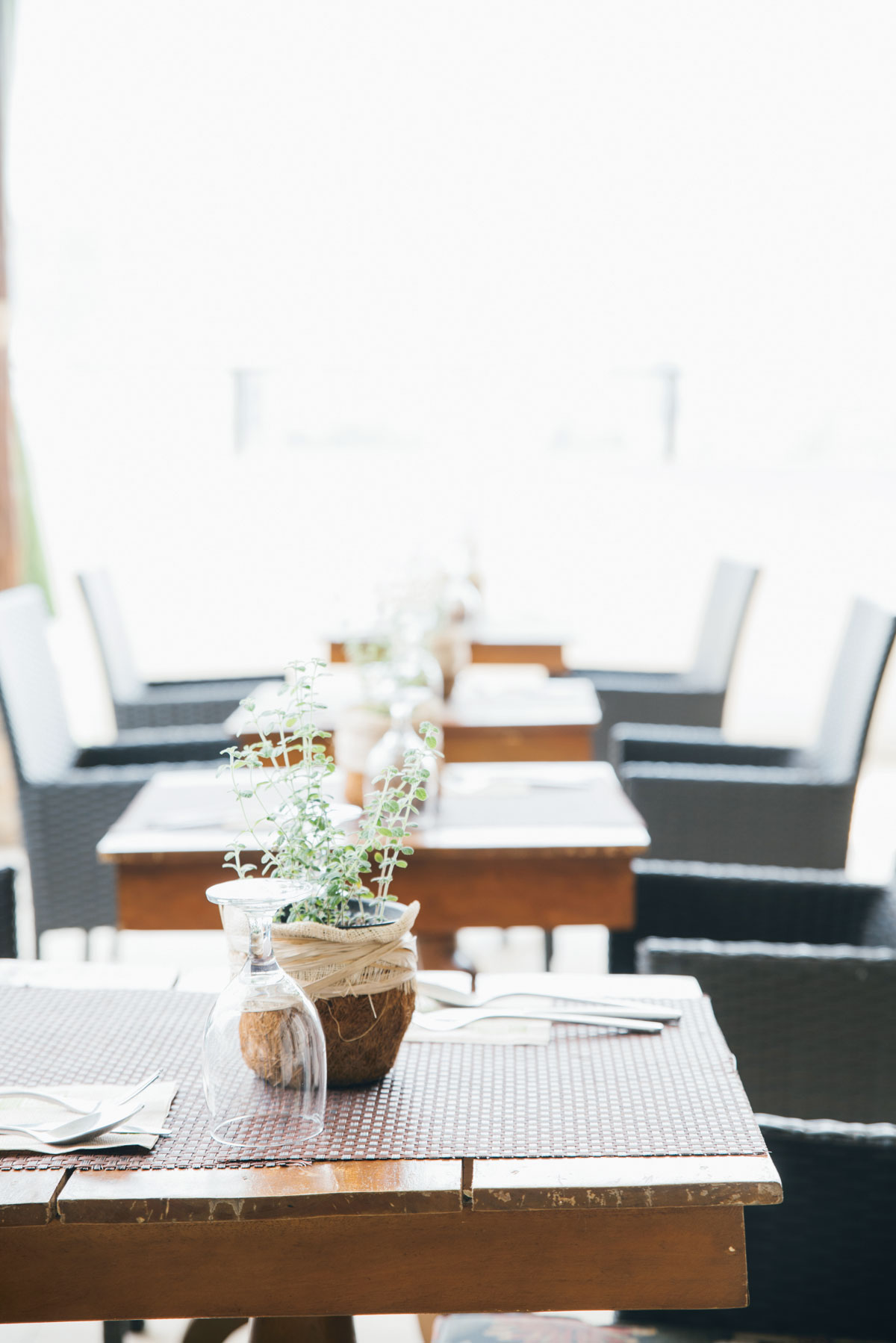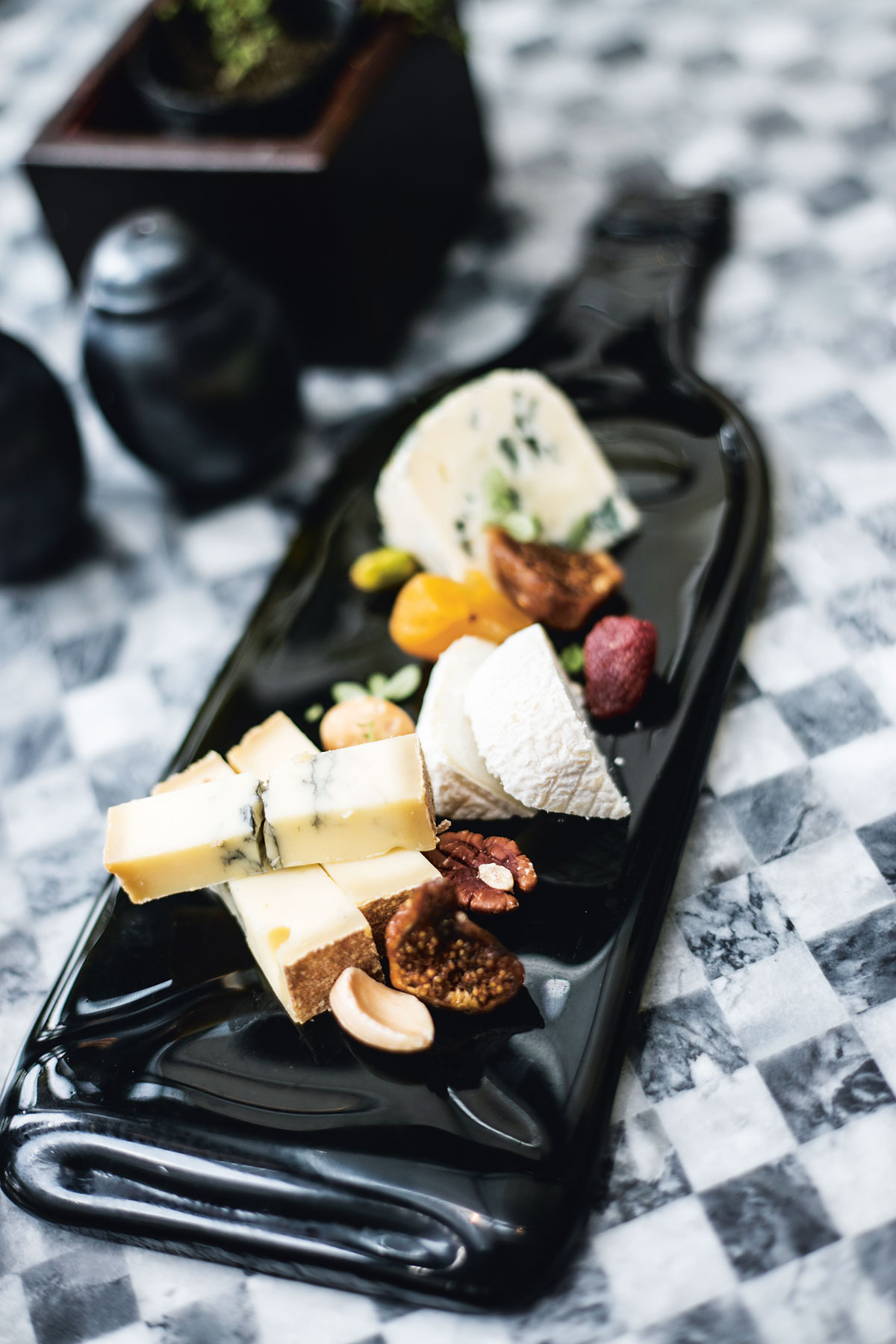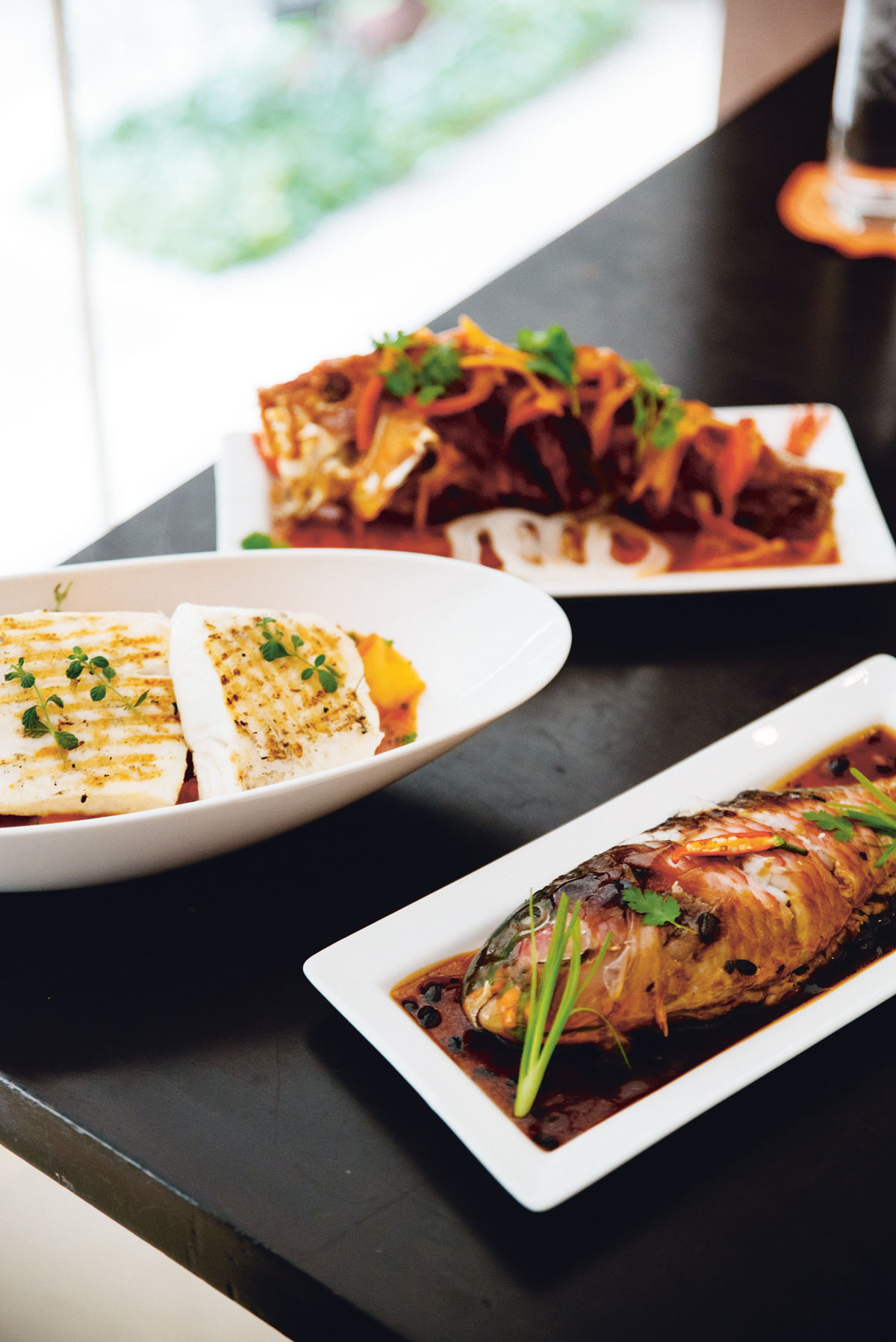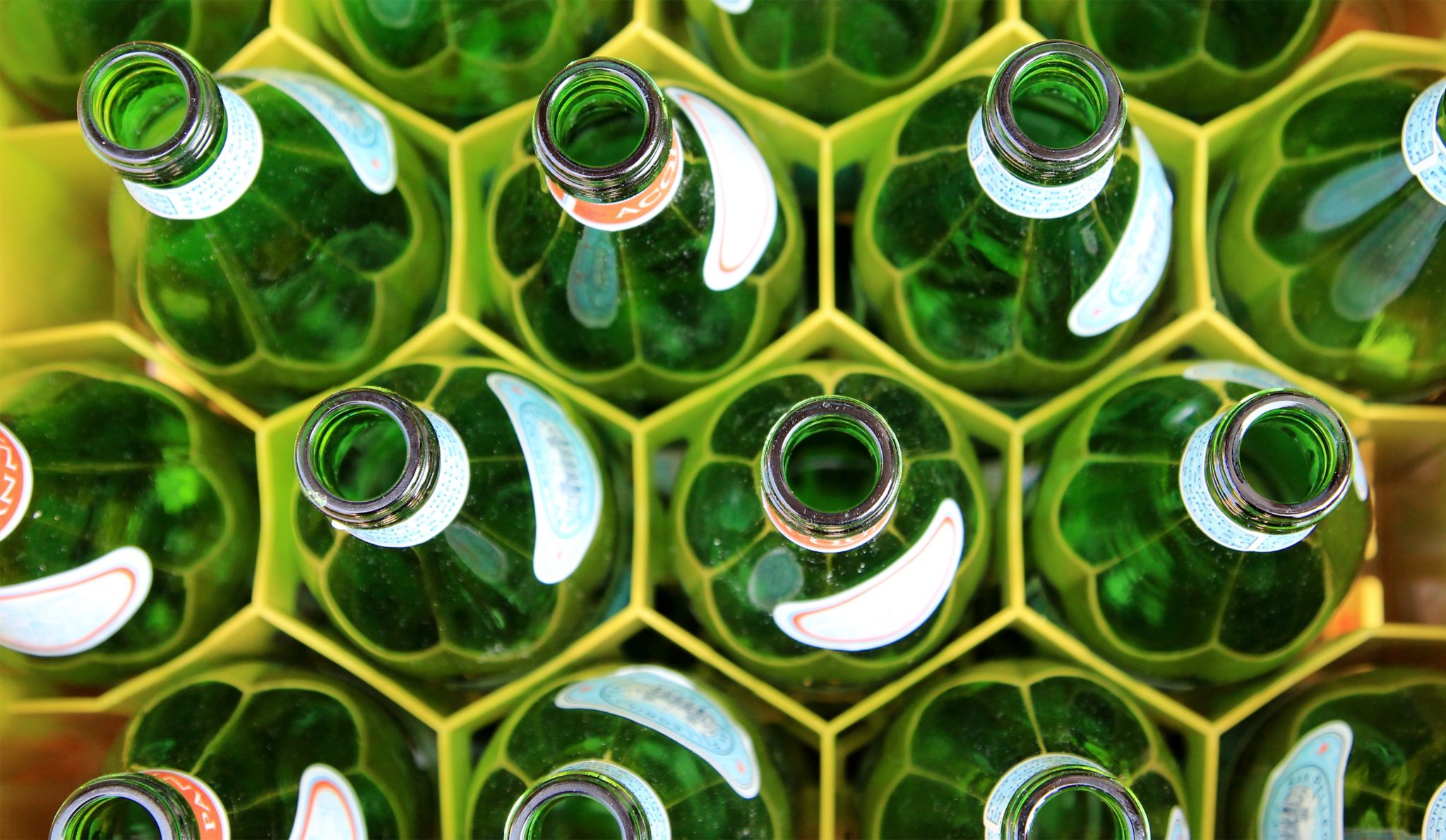At a time when the food and beverage industry is moving towards healthier options, organic choices, and sustainable menus, the hospitality industry is not too far behind. With an alarming number of environmental problems such as global warming, extinction, and shortage of natural resources taking their toll on the planet, these hotels make it a point to pursue action while maintaining topnotch service.
Cocoon Boutique Hotel and Hive Hotel and Convention Place

You would figure that a quaint and humble accommodation that calls itself “the country’s first truly eco-friendly luxury boutique hotel” would have fewer frills than its competitors. But Cocoon Boutique Hotel, along with sister establishment Hive Hotel, sets itself apart with a unique vision that revolves entirely around conserving the environment.
Ramon Vinzon, the operations manager and son of owners Atty. Boy and Gigi Vinzon, believes it is more than possible to successfully run an establishment that advocates for both luxury and eco-friendliness, despite both terms being seemingly contradictory. “We believe that luxury and eco-friendliness are not mutually exclusive. This is where luxury can be responsible,” he elaborates, pointing to the two accommodations’ sophisticated reclaimed furnishings and organic amenities. “A hotel that’s environmentally-friendly sells itself. The moment [guests] book with us—that’s already a commitment to saving the environment.”
While Cocoon is meant for those in search of a cozy and quiet staycation, Hive incorporates a vintage “eco-chic” design to cater to a younger crowd looking to balance both work and play. Traces of the green lifestyle are found in practically every nook and cranny of the two hotels. From organic bathroom toiletries to charmingly vintage furniture and structures made from reclaimed wood, even to the foundation of their own rooftop gardens (with produce to be used as ingredients in their respective restaurants’ dishes), Cocoon and Hive challenge the notion of what it means to be environmentally-friendly.
Sofitel Philippine Plaza Manila

Part of AccorHotels, veteran luxury hotel Sofitel Philippine Plaza Manila is an active participant of the group’s Planet 21 initiative, a concrete 21-step action plan (which includes the reduction of water and energy use, protecting biodiversity, and expanding waste recycling) established for sustainable development in the hotel industry.
Sofitel, which was awarded a gold medal for completing 19 out of the 21 commitments, promotes a greener lifestyle by marketing Planet 21’s ideals to its employees, guests, and the public. Director of human resources Marian Villar-Barnes shares the hotel staff’s celebrations dedicated to the initiative, where they come together to discuss sustainable and eco-friendly practices before culminating in a boodle feast. Last year, Sofitel also launched a project encouraging guests to purchase specially made eco bags, with proceeds being donated to the initiative and a special tree-planting project.
“The hotel industry is one of the biggest consumers in the world. A lot of money goes into food, airfare, and energy,” she says. “Because of that, we need to do our best to give back to the Earth that sustains us. This is why it’s so important for hotels to participate in such activities that are eco-friendly.”
Apart from spearheading numerous projects for the benefit of the environment, the hotel is also engineered with better energy-saving circuits such as compact fluorescent bulbs. Sofitel also has its own sustainable menu supporting local produce and suppliers. Returning to Planet 21’s commitment of recycling reusable materials, Sofitel decided to turn discarded wine bottles into serving platters in buffet restaurant Spiral’s newly established cheese room. This explains the shape of the plates (the neck of the bottle turns into an easy-to-grip handle), which were heated and flattened into convenient and stylish cheese plates.
Makati Shangri-La Manila

Makati Shangri-La, constantly included on the ASEAN’s Green Hotels list, is renowned for its eco-friendly practices such as its paperless check-in and check-out system, the use of gasoline-electric hybrid vehicle for guest and employee transport, and its sustainable seafood menu, which incorporates farm-to-table produce from local farmers. Special Marine Stewardship Council-certified menus were established for the hotel’s Sage Bespoke Grill and Circles Event Cafe.
Currently, all Shangri-La hotels are participating in a movement called “Rooted in Nature.” Communications executive Aencille Santos explains, “It’s a dedication and a commitment to slowly transform the dishes of the restaurants in the hotels by using sustainable sources. We launched it last year and 20 percent of all our menus of all Shangri-La hotels come from sustainable sources. We get artisanal fish, vegetables, and all that from local farmers, maintaining good quality but at the same time supporting the local industry.”
The special seafood menu includes fresh sushi and sashimi, skipjack tuna Cajun-style with tomato chili salsa, smoked mackerel, cuttlefish adobo, parrot fish with black bean sauce, flying fish escabeche, purse-eyed scad paksiw, and white snapper fillet with potato leek stew. The hotel’s “Rooted in Nature” campaign supports Shangri-La’s commitment to contribute to a sustainable future of the planet’s seas and oceans.





